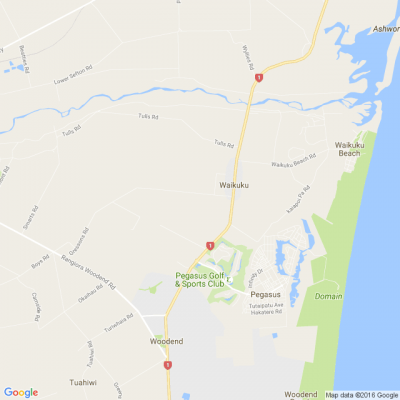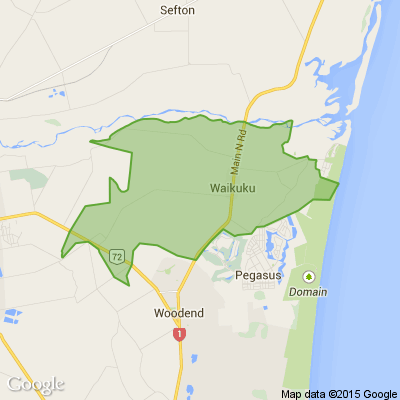Warmer welcome planned for migrants to North Canterbury
By David Hill, Local Democracy Reporter
Two North Canterbury councils are stepping up their efforts to welcome new migrants.
The Waimakariri District Council has joined with 33 councils, including Hurunui, to be accepted into Immigration New Zealand’s Welcoming Communities programme.
Waimakariri mayor Dan Gordon said new migrants faced a number of challenges when settling into a new community.
"We see Welcoming Communities as a means to bridge the gap between newcomers and long term residents, celebrate diversity, and support our new migrants to apply their unique skills, talents and experience to creating more vibrant communities across the district."
The council had already established a migrant facilitator portfolio within the community team back in 2016 in response to the growing number of migrants, particularly in the dairy sector and assisting in the earthquake rebuild.
Now new funding allowed for a half-time facilitator to be employed over a three year period to work alongside migrants, employers and migrant advocates.
Community team leader Tessa Sturley said the money would support the good work already happening in the migrant space.
The community team has already helped to establish the Migrants and Newcomers Network, now known as Glow (Global Locals of Waimakariri), which ran a number of initiatives including English language classes.
Since then the booming hospitality sector and the growing retirement village sector have been "significant employers of migrant staff", Sturley said.
Often the families of migrant workers had limited English making it difficult to find work or integrate into the community.
The Hurunui District Council was accepted into the programme last year and received its initial accreditation in April.
It was now close to completing the first of four accreditation stages, welcoming communities facilitator Natalie Paterson said.
A Welcoming Communities advisory group had been established to complete a stocktake of support available for different ethnic groups and newcomers to determine what was working and to identify any gaps.
A three-year Welcoming Communities plan has now been developed, which was adopted by the council last week.
"We feel it is important to put migrants at the centre of conversations so we can hear their experiences," Paterson said.
Feedback from migrants had already led to extending a driver licensing programme, which supported young people to pass their learners’ license, to migrants.
Even setting up a bank account or enrolling children in school could be a challenge for migrants, Paterson said.
The Welcoming Communities programme supported New Zealanders moving into the district from other parts of the country, as well as those arriving from overseas.
Paterson said conversations had already begun with agencies like the Rātā Foundation to seek funding once the initial seed funding ran out.
■ Public interest journalism through New Zealand on Air.
What word sums up 2024, neighbours?
If 2020 was the year of lockdowns, banana bread, and WFH (work from home)....
In one word, how would you define 2024?
We're excited to see what you come up with!

⚠️ DOGS DIE IN HOT CARS. If you love them, don't leave them. ⚠️
It's a message we share time and time again, and this year, we're calling on you to help us spread that message further.
Did you know that calls to SPCA about dogs left inside hot cars made up a whopping 11% of all welfare calls last summer? This is a completely preventable issue, and one which is causing hundreds of dogs (often loved pets) to suffer.
Here are some quick facts to share with the dog owners in your life:
👉 The temperature inside a car can heat to over 50°C in less than 15 minutes.
👉 Parking in the shade and cracking windows does little to help on a warm day. Dogs rely on panting to keep cool, which they can't do in a hot car.
👉 This puts dogs at a high risk of heatstroke - a serious condition for dogs, with a mortality rate between 39%-50%.
👉 It is an offence under the Animal Welfare Act to leave a dog in a hot vehicle if they are showing signs of heat stress. You can be fined, and prosecuted.
SPCA has created downloadable resources to help you spread the message even further. Posters, a flyer, and a social media tile can be downloaded from our website here: www.spca.nz...
We encourage you to use these - and ask your local businesses to display the posters if they can. Flyers can be kept in your car and handed out as needed.
This is a community problem, and one we cannot solve alone. Help us to prevent more tragedies this summer by sharing this post.
On behalf of the animals - thank you ❤️











 Loading…
Loading…











